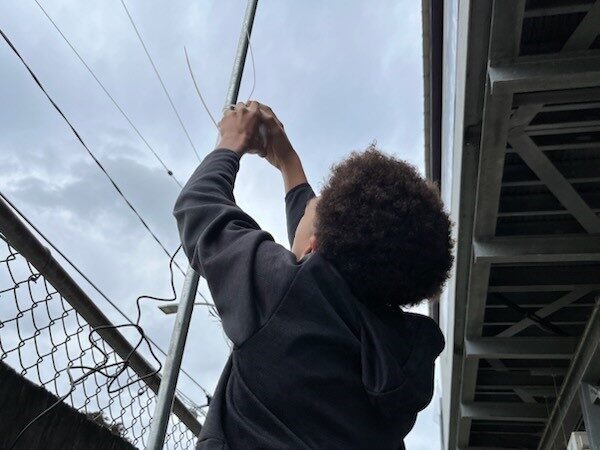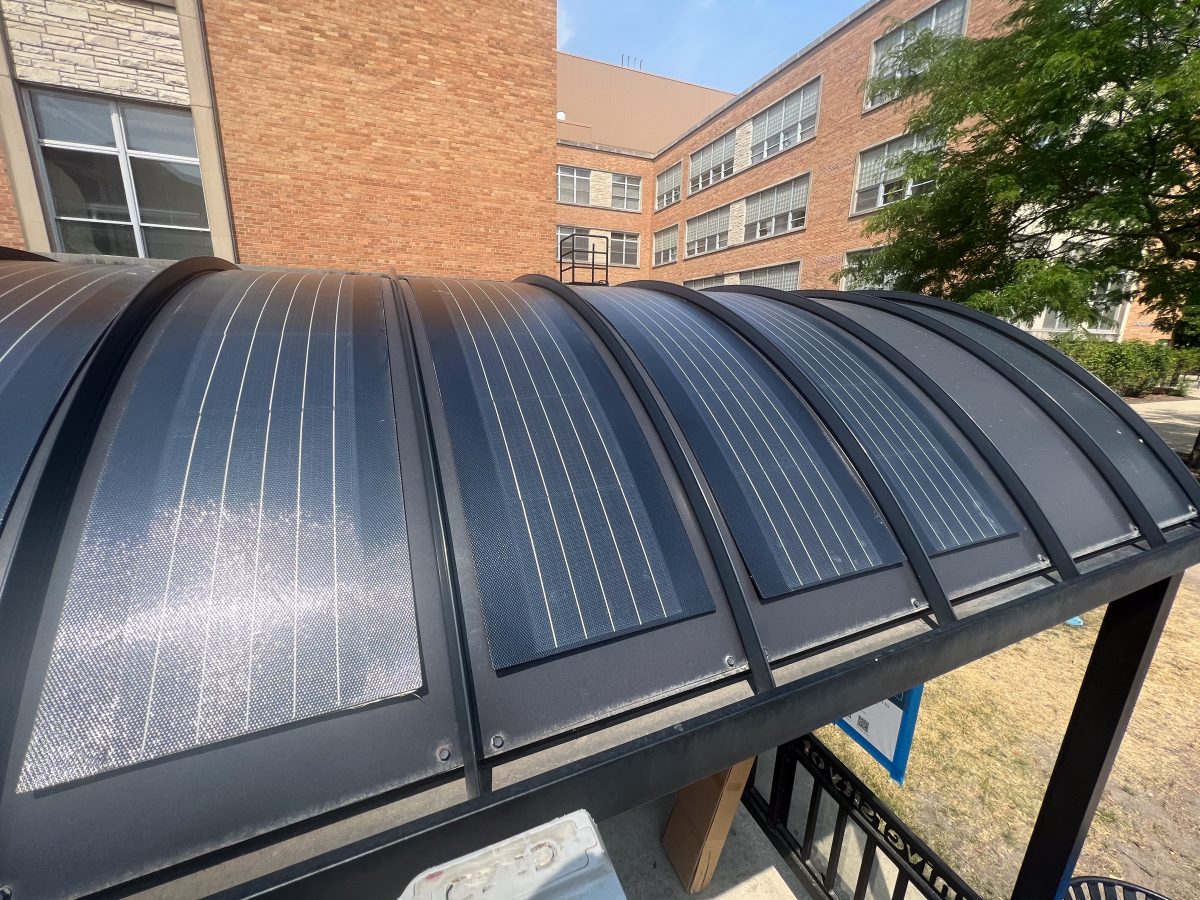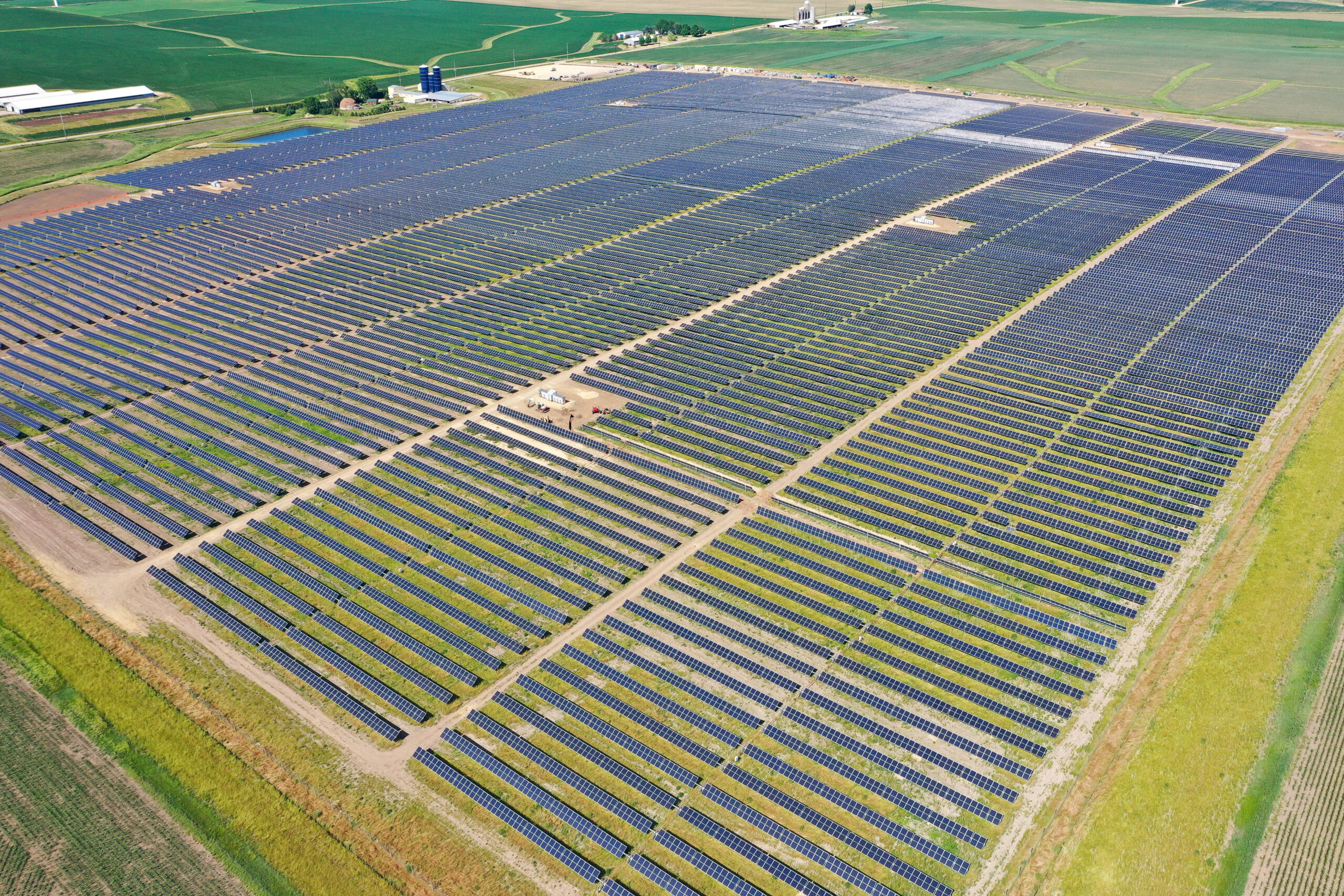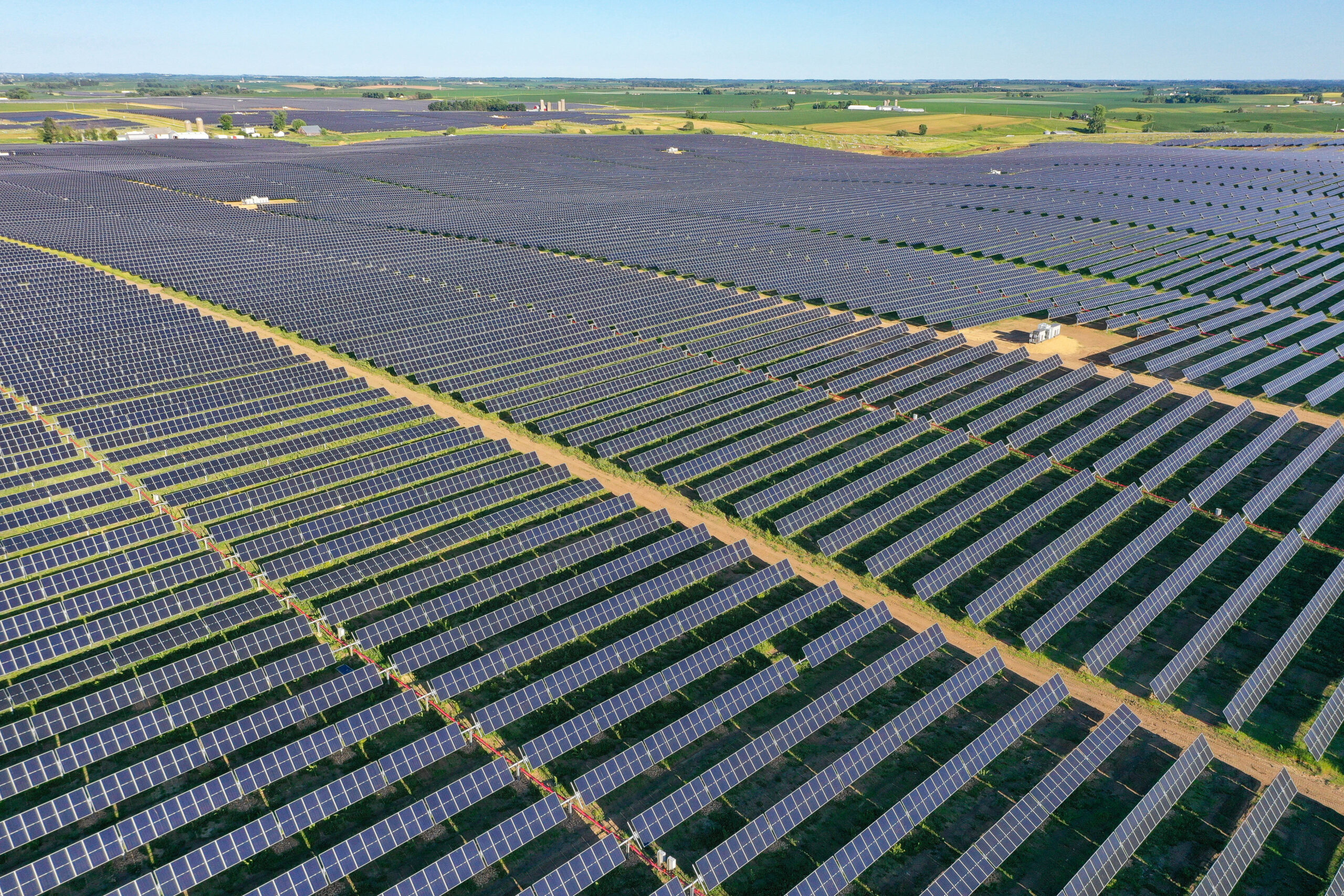Wisconsin municipalities are taking a closer look at their impact on the environment and setting long-term sustainability goals of their own.
The cities of Sun Prairie and Beloit are among those currently forming climate action plans for how they want to operate at both the municipal and community levels.
According to the climate organization network Wisconsin Climate Table, several cities and counties across the state have implemented some form of clean energy plan or sustainability resolution — including Eau Claire, Wausau, La Crosse and Wauwatosa.
Stay informed on the latest news
Sign up for WPR’s email newsletter.
While Sun Prairie is still formalizing its full climate action plan, local leaders have already moved forward on sustainability goals.
The city recently announced it was the first in the state to reach 100 percent renewable electricity for all city operations.
Sustainability and resilience manager Rose Daily told WPR’s “Wisconsin Today” that includes all city facilities, street lights, traffic lights, well pumps and electric vehicle charging stations.
“We spent quite a while on energy efficiency measures in the city,” Daily said. “We actually saw our electricity bills drop by $40,000 between the years 2023 and 2024, and those savings are dollars you can then invest into renewables.”
Daily said their efforts have come with input and support from the community, and she noted the city has seen over 300 homes and businesses add solar arrays of their own.
Now, her team is taking inventory of the city’s greenhouse gas emissions, with the hopes of becoming completely carbon neutral by 2050.

Fifty miles south of Sun Prairie, the city of Beloit is in the early stages of making its own climate action plan.
The city is partnering with the Minnesota-based sustainability company Pale Blue Dot, which previously worked with cities, including La Crosse and Eau Claire, on their climate plans.
Beloit city manager Jerry Gabrielatos told “Wisconsin Today” they have a survey out to the community and are forming a volunteer committee to be their climate action team.
“Sustainability is a core tenant of the [city] council’s strategic plan,” Gabrielatos said. “During the couple years that I’ve been here, I’ve heard from community members about the importance of this work and what it means to them.”
Pale Blue Dot is administering the survey and collecting other data on the city’s greenhouse gas inventory, environmental vulnerability and renewable energy potential.
Co-founder Ted Redmond told “Wisconsin Today” the data and public input will inform the climate plan’s priorities and short and long term goals.
“I think of it as less that we’re creating and writing the plan, and more that we’re facilitating it with a large group of co-authors,” Redmond said. “You have to have people from the community engaged in that process, because they’re the ones ultimately that are really going to be doing this in their homes and their businesses — not just the city.”
Beloit and Sun Prairie each have fewer than 40,000 residents, and they know their actions alone won’t reverse global impacts on the environment. Recent cuts to federal funding for renewable energy haven’t made the task easier.
But Daily thinks local governments like hers represent the front lines of fighting climate change.
“It’s truly up to us at the grassroots level to drive changes in our own communities, state governments and the federal government,” Daily said. “We’re laying the groundwork, and more importantly we’re inspiring our community members and our businesses to join us in this journey to a sustainable future.”
She hopes that as more local governments make sustainability a priority, it will influence other cities and counties to follow suit and help make a larger impact beyond their municipal borders.




